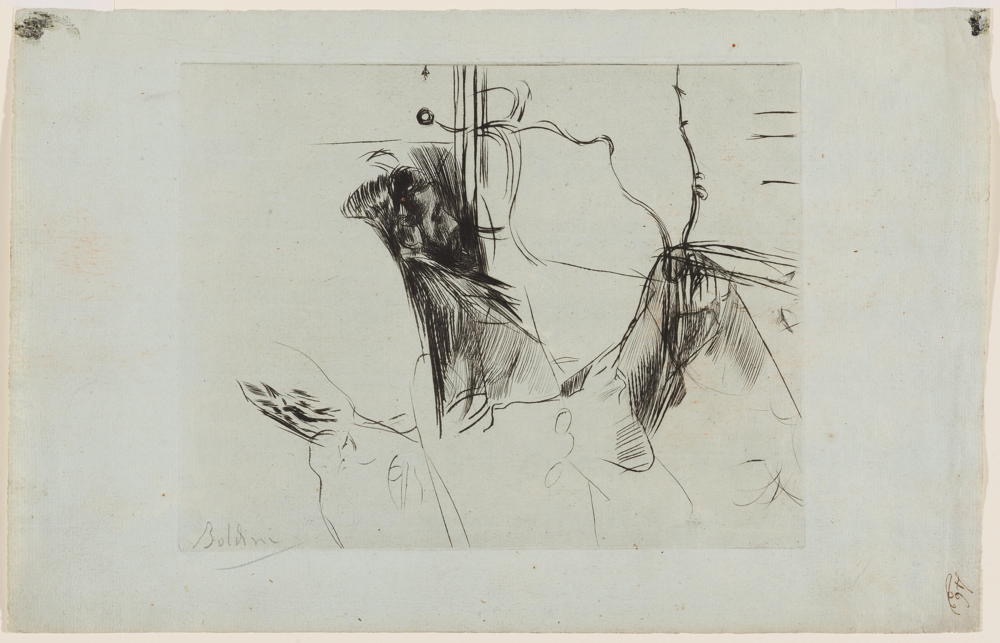AlreadyGone

Giovanni Boldini:
Paul-César Helleu, Asleep (c. 1897)
"Time will come when time returns."
My priorities changed as I aged. Twenty years ago, I was all about presence. I actively practiced what I would have unashamedly referred to as "presencing," hoping to seize each moment or something. Twenty years later, I more often seek absence, an active disappearance into whatever I catch myself doing. If something's worth engaging in, it's well worth losing myself in, so I enter with the expressed desire to be transported elsewhere, where might not matter nearly as much as does that transcendent sense of having been utterly transported, slipping through the cracks, flying off the tracks, swiping an AWOL pass.
Flow, for instance, never seemed to be an example of presence but of absence. That many report their best work emerging from engagement in what they call "a flow state" probably amplifies my point. Bertram Russell sagely suggested that his best work often emerged from his unconsciousness. He'd deliberately tuck away a problem needing a solution, swearing not to think about it until later. Later, when he'd recover that tucked-away problem, a solution almost invariably accompanied it, and one he could not have imagined coming up with himself when present. He was widely reputed to have been the most intelligent person to have ever lived, and even he relied upon a kind of out-of-body ability, an absence rather than a clever presence to resolve his problems.
The notion of presence now strikes me as a younger man's game, reserved for those who still imagine that they might live forever or that eternity necessarily abides in their here and now. I often spend a day away somewhere, essentially only here for a little of the time. I might wander around the neighborhood as evening draws near and call myself home, but I spent the day out wandering. It probably doesn't matter where. Here seems altogether too familiar sometimes to spark any interesting ideas, so already done, it hardly bears tending to. Here and now can almost always take care of themselves. As for seizing moments, I might as usefully try to capture some air or pocket some of this summer morning's atmosphere for deployment later after the temperature's gone over a hundred. By the time here and now's registered, it's AlreadyGone, recoverable only with a story or a song, and even then, only by reference.
I store my days in stories, most of which I produced in my absence, for I need to access a particular sort of unconsciousness to write anything worth reading later. I do not always succeed. The Muse arises after I've seemingly been up for hours puttering at my desk, setting sprinklers in the dark, largely absent. I'm in my head, casting yarrow sticks, peering backward and forwards and sideways but barely conscious of any of what I'm doing, if, indeed, it's even me doing anything. I startle later, seeing that I've somehow survived almost to the end of another fourth paragraph, and I sense that I've almost finished. It's like drinking from a trough. The volume in the vessel so far exceeds my capacity that I never worry about running out of material. Drinking requires no particular talent other than the studied ability and the human decency to be absent through most of it. Time will come when time returns. Until then, I will almost always hope to be AlreadyGone again.
©2023 by David A. Schmaltz - all rights reserved


